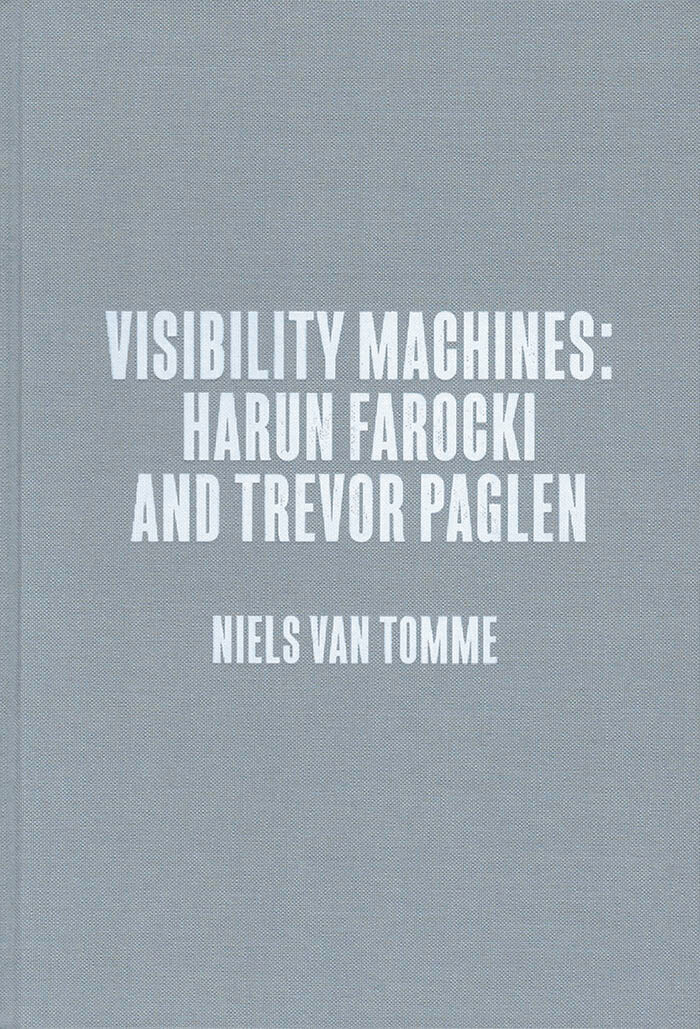
Center for Art, Design and Visual Culture
Visibility Machines: Harun Farocki and Trevor Paglen
Visibility Machines explores the unique roles that German filmmaker, video artist and author Harun Farocki (1944-2014) and American artist and author Trevor Paglen (born 1974) play as meticulous observers of global military operations. Investigating forms of surveillance, espionage and weaponry, Farocki and Paglen both examine the ways in which military activities transform and politicize our relationship to images and the realities they appear to represent.
The publication contains a number of newly commissioned essays by esteemed scholars who approach the work from diverse thematic perspectives, in addition to texts by Farocki and Paglen, as well as three exclusive visual essays exploring themes emerging from a dialogue between their work.
Language: English
.jpg)



